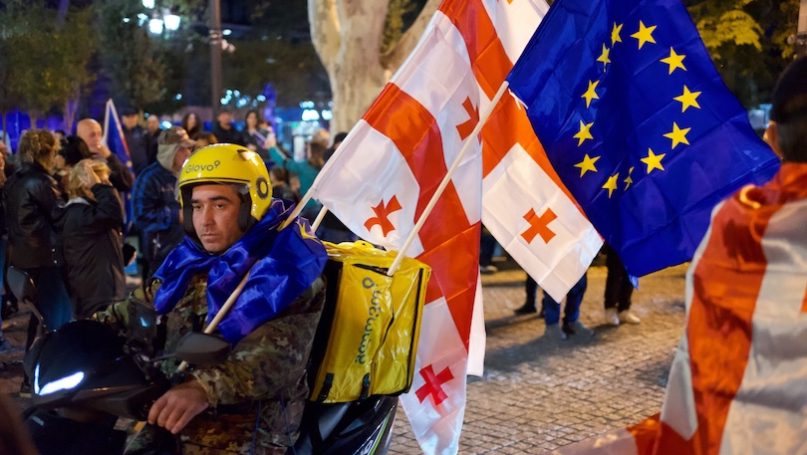
Mirko Kuzmanovic/Shutterstock
On October 26, 2024, Georgia held parliamentary elections. This election was critical for its democracy, as Georgian citizens were choosing between alignment with the European Union or Russia. The outcome also defines whether Georgia wants to become a real democracy, fully integrated in the Euro-Atlantic structures or to remain a hybrid political regime vulnerable to Russian influence. Moldova has undergone similar developments, where almost 1 % of votes secured its European choice despite Russian interference against its pro-European leadership.
Although the Georgian Central Election Commission announced the Georgian Dream as the winner with around 54 % of received votes, the Georgian parliamentary election faces serious legitimacy issues for several reasons. First, the reports from the electronic districts showed clear advantage for the united opposition, and the results of the pre-election and exit polls conducted by Edison Research, SAVANTA and GORBI differed from those announced by the Central Election Commission. Second, independent election observers were not allowed to perform their duties and were not sufficiently represented, while almost all election commissions were consisted mainly of members and observers sympathizing with the ruling Georgian Dream. Third, international observers have critically assessed the elections and the US Secretary of State Antony J. Blinken has spoken about the unfair preelection environment and subsequent unjust electoral outcome. Fourth, the Georgian President Salome Zurabishvili and the opposition parties do not recognize the election results. These circumstances undermine the legitimacy of elections.
Political scholars distinguish three phases – pre-election, election day and post-election stages. This division is important to assess the fairness and freedom of elections. Freedom entails the absence of coercion and intimidation, while fairness involves equal treatment of all political subjects during these three phases. The ruling Georgian Dream started to violate these two criteria from the pre-election period by adopting the Georgian Law on the Transparency of Foreign Influences, aiming to undermine and limit the freedom of civil society and media organizations.
Consequently, local non-governmental organizations and independent observers were hindered in preparing to collect evidence of electoral violations, and donors were discouraged from supporting these organizations. Further authoritarian tendencies have also been observed in an attempt to limit academic freedoms. In October 2024, the National Center for Educational Quality Enhancement of Georgia arbitrarily denied full authorization to Ilia State University, a leading research university, as its students were a driving force in the May demonstrations against the Foreign Agents Law, and supported Georgia’s Europeanization. Without full authorization, the University will be unable to admit students and function properly.
The ruling political elites have appealed to pseudo-conservative values to win the support of conservative voters. Bidzina Ivanishvili, the founder and honorary chair of Georgian Dream, voiced grievances related to domestic and foreign policy issues in an interview with a pro-governmental journalist. His awkward narratives echo Russian-style conspiracy theories, skillfully using war narratives to frighten a nation that has experienced Russian orchestrated ethnic cleansing and aggression multiple times.
Most strikingly, Ivanishvili blames Georgia’s former president Saakashvili, currently jailed on charges of power abuse and embezzlement, and the West for initiating the August 2008 War, while downplaying Russia’s role. He coined a new term, “the Global War Party”, describing a supposed global force, composed of the most hawkish western actors aiming to prevent EU and NATO integration for Georgia and Ukraine, and drag Georgia into the war to open the “second front”. Additionally, Ivanishvili discussed banning the LGBTQ+ propaganda and holding opposition-aligned political forces legally responsible. He promised voters better choices and new opposition parties in the future election. In this sense, he iterated the logic of an authoritarian leader, who cultivates pseudo-opposition in order to create the illusion of democratic processes.
Ivanishvili also mentioned his frozen assets in the context of the American-Georgian strategic relations. He seemed to put his self-interest above Georgia’s national interests by stalling strategic partnerships with the United States. His recent appearances with bulletproof glass windows at the pre-election party gatherings suggests that he has security concerns. Ivanishvili’s pre-election campaign was heavily marked with labeling opposition parties as traitors and Western foreign agents and accusing them of pursing “liberal fascism.” He also argued for balancing relations with Russia amidst the Russia-Ukraine war to contain its diffusion. Ivanishvili understands what electoral costs the anti-European stance involves and insists on Georgia’s eventual membership in the European Union, despite the EU Ambassador’s announcement suspending the integration process.
In response to these accusations, the key opposition parties grouped under four main forces – Strong Georgia, Ahali, the United National Movement and For Georgia. These opposition groups and coalitions agreed to rally around President Zurabishvili’s “Georgian Charter” and promised democratic reforms, including abolishing all laws inconsistent with EU integration, reforming courts and amending electoral legislation to ensure equal political representation and electoral integrity. Civil society organizations have also mobilized local observation missions to support electoral processes and enable a democratic outcome.
On October 20, 2024, the civil society organizations and activists organized pro-European rallies and opposition parties gathered under the President’s Leadership. The President also suggested appointing a neutral and apolitical prime minister post-election to ease the process of coalition building and cooperation amongst politically diverse forces. Georgians’ self-organization, who willingly support their country’s future in the European Union is also noteworthy. Similarly, on October 23, 2024, Georgian Dream organized an election rally primarily attended by public sector employees, many of whom were allegedly involuntary pressured into participating under threat of job loss or worsened working conditions. Georgian Dream recruited sportsmen who won gold medals at the Olympic Games and introduced a male-dominated election list alleging it would receive 60 % of votes. Usually, democracy involves uncertainty and no political leader or force can surely claim electoral victory before the election results are announced. Nevertheless, Georgian Dream’s leaders have made such assertions in advance and have shown sympathy for conservative figures in the U.S. and Europe. Perhaps, this is why they support Donald Trump as the presidential candidate in the USA and echo his thoughts on the Russia-Ukraine war.
Despite the challenging geopolitical conditions, electoral environment and contradictory narratives aimed at mutual accusations, Georgian citizens can win democracy and have an opportunity to defend their European future, as the EU has made it clear that the current Georgian government is not capable of leading the country. Conversely, the Georgian Dream government has adopted laws that counter European and democratic values, as well as put at stake the legitimacy of the 2024 parliamentary elections. Moreover, with 89 mandates in the parliament and an opposition boycott, the Electoral College will not be able to choose a new president (Article 5) since it must include all the members of the parliament. The Georgian Dream is the source of this political crisis.
What gives one the glimpse of hope for Georgia’s democratic victory? Despite criticisms, Georgian opposition has strategically regrouped and united around President Zurabishvili. The Georgian Dream has excessive financial and administrative resources and media ownership to strengthen its propaganda networks and narratives. Nevertheless, the US and the EU side with the Georgian people and the pro-Western opposition to reinforce Georgian citizens’ democratic choices. This international support can be an important leveraging factor for Ivanishvili.
Above all, Georgia has no resources and capacity to fund and execute authoritarian repressions in a consistent manner as seen in Belarus or Russia. Also, it is difficult and counterproductive to cut all western ties, which were built over the years and by different governments. the Constitutional Court of Georgia announced the constitutional lawsuit against the Georgian Law on the Transparency of Foreign Influences as admissible though it hesitated to suspend the law. Given these factors, Georgia is less likely to descend into authoritarianism; rather it is more likely to learn being a better democracy and practicing coalition rule.
Further Reading on E-International Relations
About The Author(s)
Zarina Burkadze is an associate professor of political science at Ilia State University Tbilisi, Georgia. She is a founding member and secretary general of the Georgian Association for Public Opinion Research, and author of Great Power Competition and the Path to Democracy – The Case of Georgia, 1991-2020 (Rochester University Press, 2022). She received her Ph.D. in political science from the University of Zurich and was a Fulbright Postdoctoral Scholar at the Elliott School of International Affairs, IERES, George Washington University (2019-20). She was also a visiting scholar at the Institute for Social Research at the University of Michigan. Her research interests revolve around the topics of democratization, Europeanization, democracy, and autocracy promotion. She enjoys teaching and delivers courses on research design, political violence and democracy for bachelor, master, and doctoral level students.
Editorial Credit(s)
Laura Innocenti
Before you download your free e-book, please consider donating to support open access publishing.
E-IR is an independent non-profit publisher run by an all volunteer team. Your donations allow us to invest in new open access titles and pay our bandwidth bills to ensure we keep our existing titles free to view. Any amount, in any currency, is appreciated. Many thanks!
Donations are voluntary and not required to download the e-book - your link to download is below.

 Movie
Movie 2 weeks ago
19
2 weeks ago
19 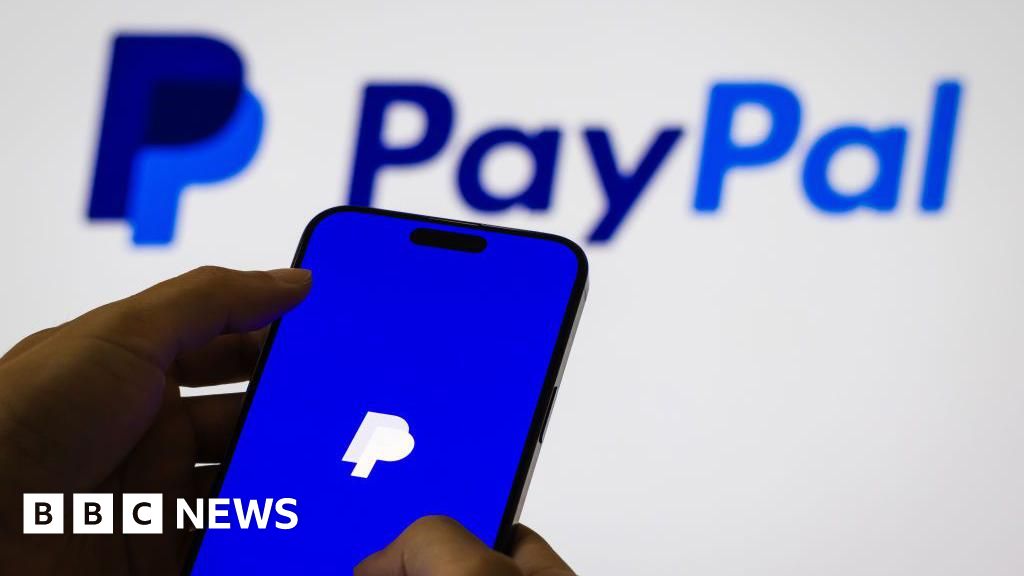
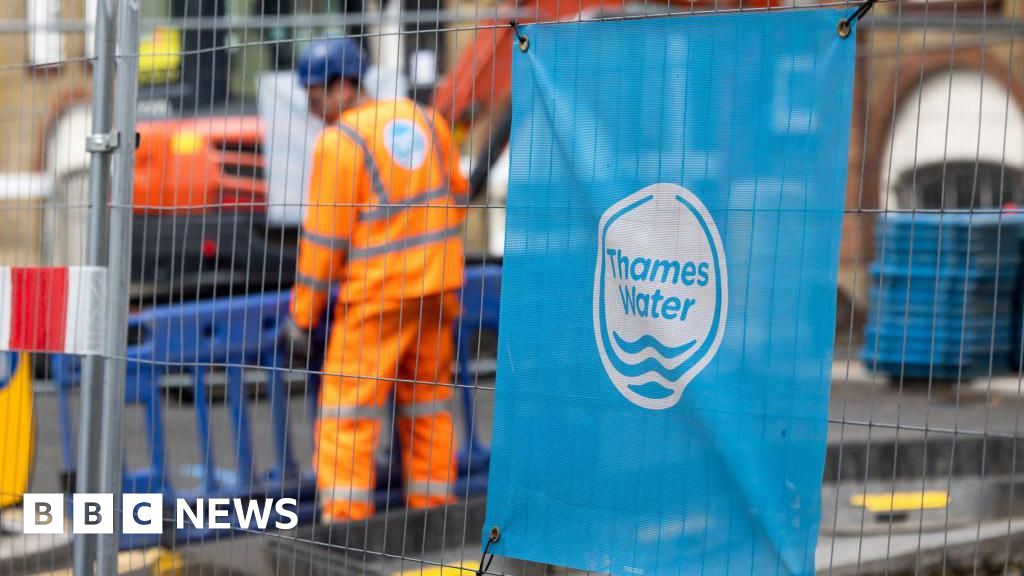
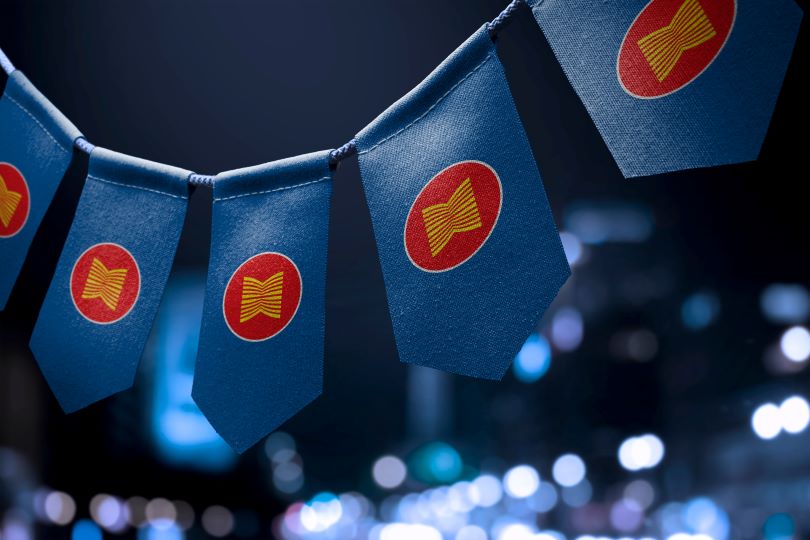
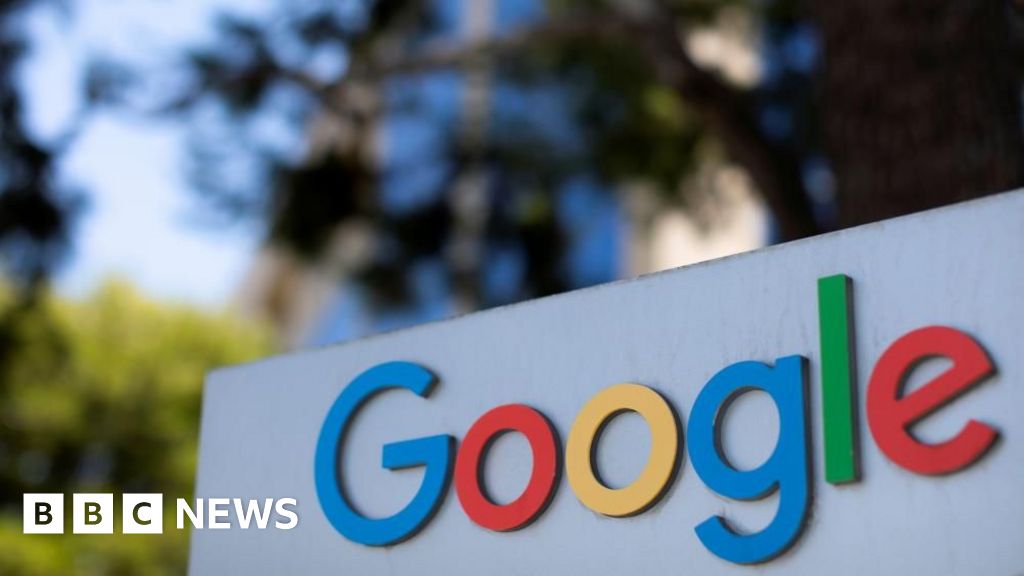

![Presidents Day Weekend Car Sales [2021 Edition] Presidents Day Weekend Car Sales [2021 Edition]](https://www.findthebestcarprice.com/wp-content/uploads/Presidents-Day-Weekend-car-sales.jpg)



 English (United States)
English (United States)